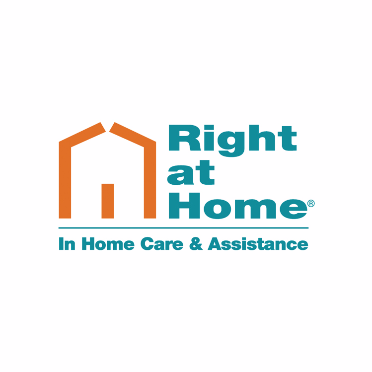Right at Home Announces Conversion Program for Independent Home Care Businesses
Eric Little is Chief Development Officer for Right at Home, a leader in the home care industry with almost 600 offices in eight countries. Right at Home currently assists over 20,000 home care clients and is initiating a franchise program to allow independent home care businesses to convert to the Right at Home brand. Eric discusses the opportunities and obstacles for conversion franchises as Right at Home positions to be ready for the influx of baby boomers who will turn 75 in 2021.
*This brand is a paid partner of 1851 Franchise. For more information on paid partnerships please click here.

/story1/2708131/0437120e8e50957400a4fe6ba2542c0e9660.jpg)

/story1/2730597/6f0fdf1548db6bda1e0bf9f68b967d705426.jpg)
/story1/2730369/1759082976_2730369.png)
/story1/2730129/1756410582_2730129.png)
/story1/2729851/1752776346_2729851.png)